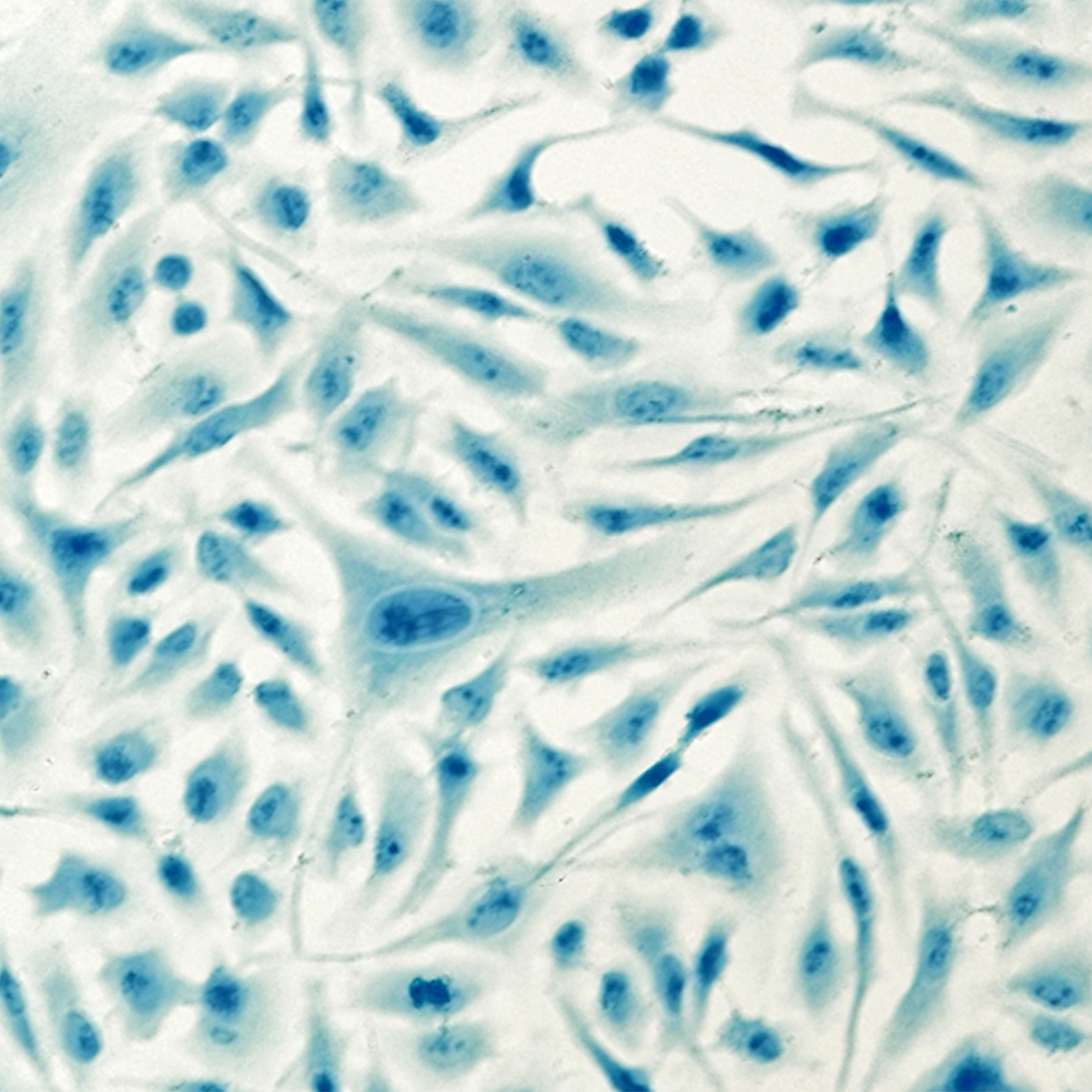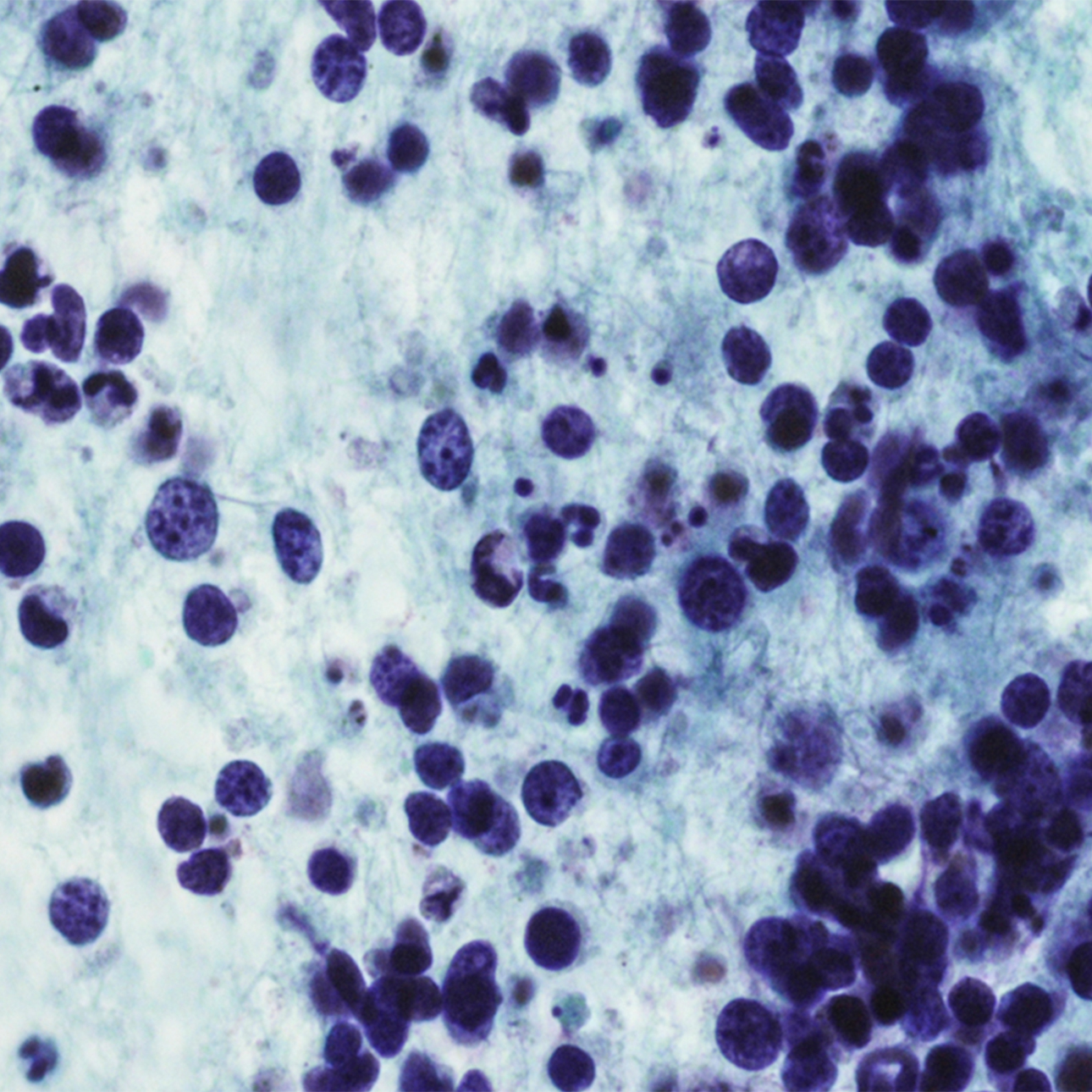
Surgery
Surgery is standard treatment for cancer of the thyroid. A doctor may remove the cancer using one of the following operations:
- Total thyroidectomy removes the entire thyroid and is the most common operation recommended.
- Thyroid lobectomy removes one lobe of the gland and may be appropriate for select small, slow growing cancers.
- Lymph node dissection removes lymph nodes in the neck that contain cancer.
Radiation Therapy
Radiation therapy uses high-energy X-rays to kill cancer cells and shrink tumors. Radiation for cancer of the thyroid usually comes from drinking a liquid that contains radioactive iodine. Because the thyroid takes up iodine, the radioactive iodine collects in any thyroid tissue remaining in the body and kills the cancer cells. Radiation from a machine outside the body may be given for some advanced tumors after surgery.
Hormone Therapy
Hormone therapy uses thyroid hormone to stop cancer cells from growing. In treating cancer of the thyroid, thyroid hormone can be used to stop the body from making other hormones that might make cancer cells grow. Thyroid hormones are usually given as a pill taken once a day.
Chemotherapy
Chemotherapy uses drugs to kill cancer cells. Chemotherapy may be taken by pill, or it may be put into the body by a needle in the vein or muscle. Chemotherapy is called a systemic treatment because the drug enters the bloodstream, travels through the body and can kill cancer cells outside the thyroid.
UCSF Health medical specialists have reviewed this information. It is for educational purposes only and is not intended to replace the advice of your doctor or other health care provider. We encourage you to discuss any questions or concerns you may have with your provider.
Treatments we specialize in
-

Brachytherapy (HDR & LDR)
Radioactive material is placed inside a tumor or very close to it to treat the tumor and spare healthy tissue.
Learn more -

Intensity-modulated radiation therapy (IMRT)
The advanced technique focuses strong radiation on the tumor and spares surrounding healthy tissue.
Learn more


















